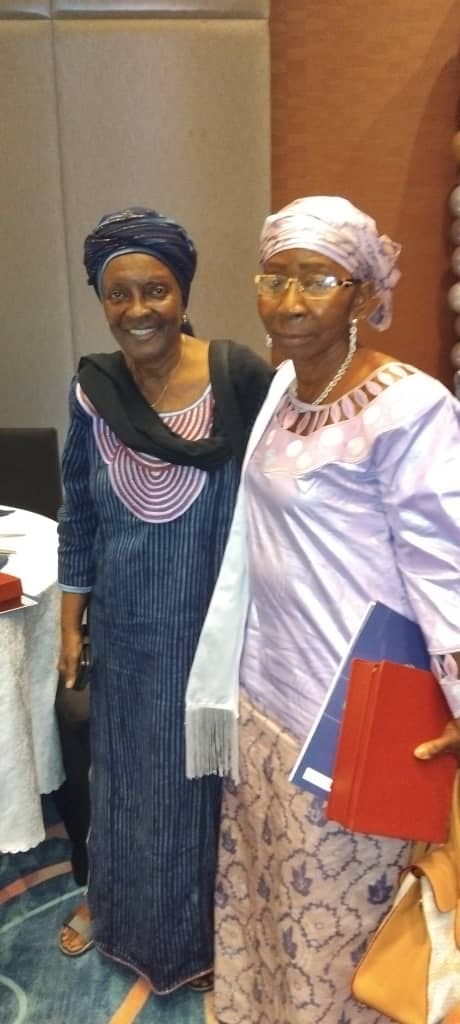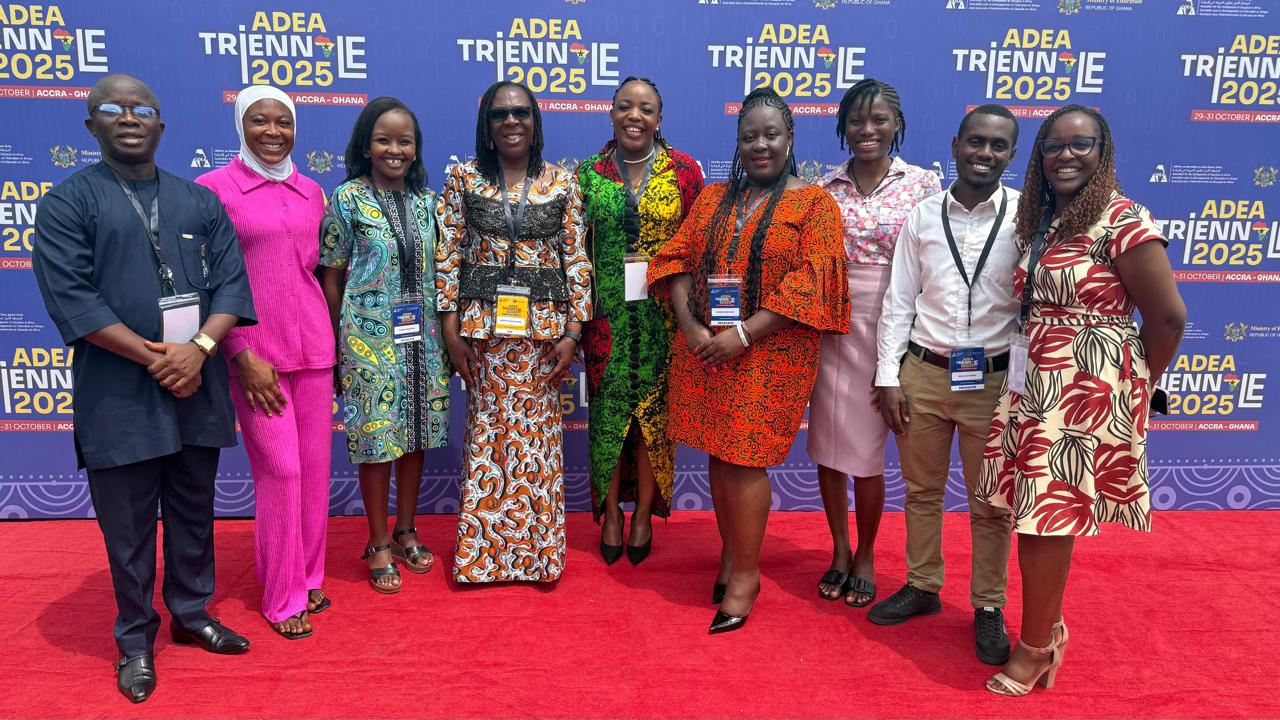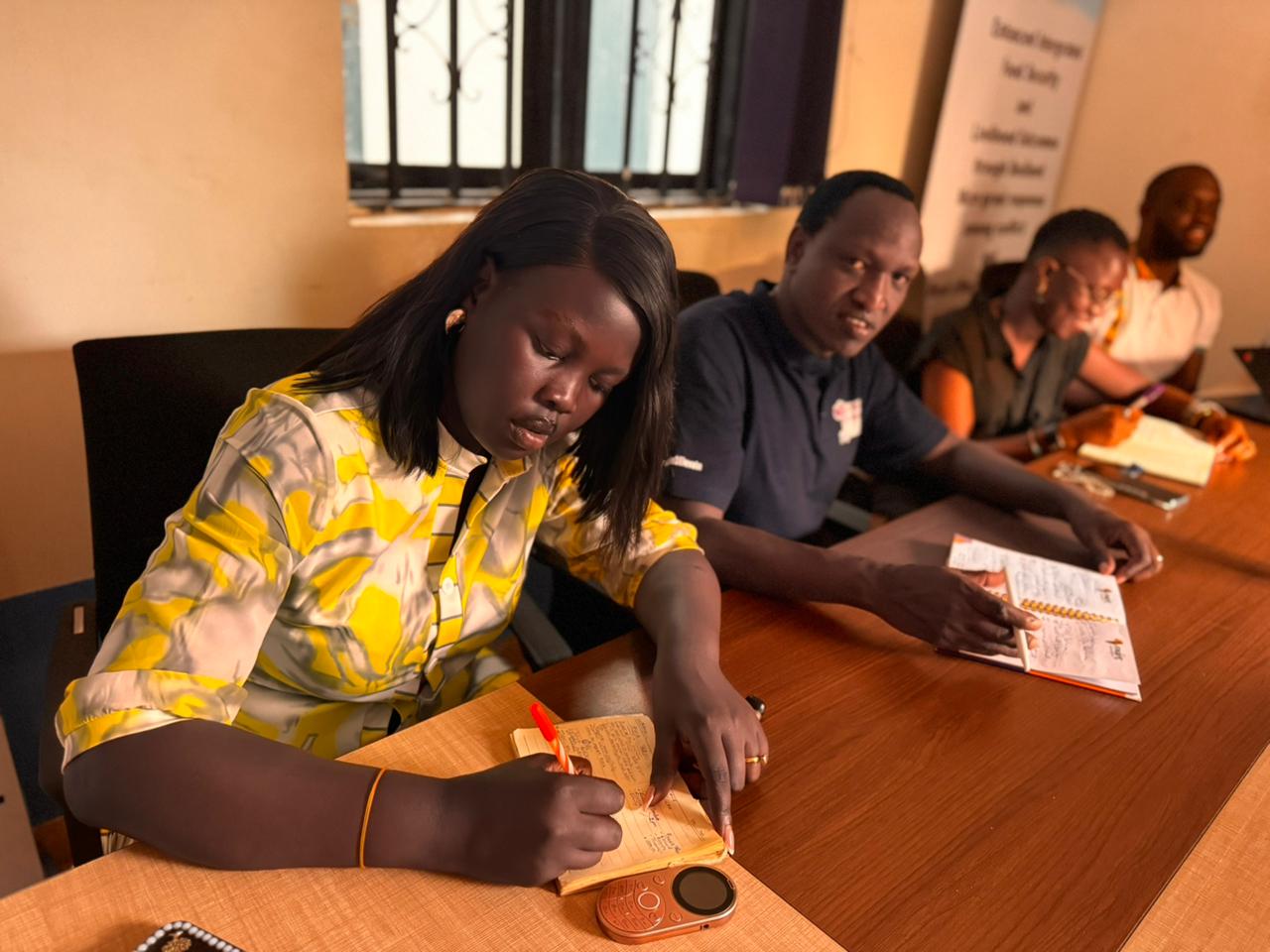CONAKRY – In the architecture of power, certain moments are more than ceremonies; they are structural reinforcements. In a room in Guinea during the National Scholar Merit Week, the honor bestowed upon Hadja Aisha (Aissata) Traoré was precisely that—a load-bearing event for the ceiling she has spent a career pushing higher.
The narrative of the overlooked woman in rigid professional spaces is a universal one. But here, it was being publicly, officially, rewritten. Hadja Aisha Traoré is not an exception to the rule; she is the new blueprint. A woman of conviction, rigor, and impact, her trajectory—from her groundbreaking role as the first woman Chief of Staff at the Ministry of Pre-University Education to her current position as Director of Partnership at FAWE Guinea—is a masterclass in sustained influence.
This award was not merely for a job well done. It was a ratification of a legacy. It celebrated the kind of leadership that builds systems rather than simply occupying offices. Her work, now at FAWE Guinea, is the logical extension of her ministerial tenure—a lifelong campaign to ensure the classroom door is open, and the path beyond it is clear, for every girl.
The significance was amplified by the constellation of witnesses. The presence of Hon. Aïcha Bah, Chairperson of FAWE Africa, transformed the event from a national recognition into a pan-African endorsement. It signaled that Traoré’s excellence is a continental asset. Furthermore, the participation of Mr. Jean Paul CEDY, Minister of National Education, was not merely protocol. It represented the state itself aligning with the principle that women’s leadership is not just welcome, but essential to national progress.
This “symbolic gesture,” as the official language goes, is in fact deeply material. It sends a signal through the entire ecosystem of education: to the young girl in a rural school, to the mid-career professional facing a promotion panel, to every woman whose diligence has been her quiet engine. It says that the path exists, the summit is reachable, and the view from the top is worth the climb.
In honoring one of its architects, Guinea did more than celebrate the past; it invested in the future, ensuring that the blueprint drawn by Hadja Aisha Traoré will be copied for generations to come.





Leave A Comment